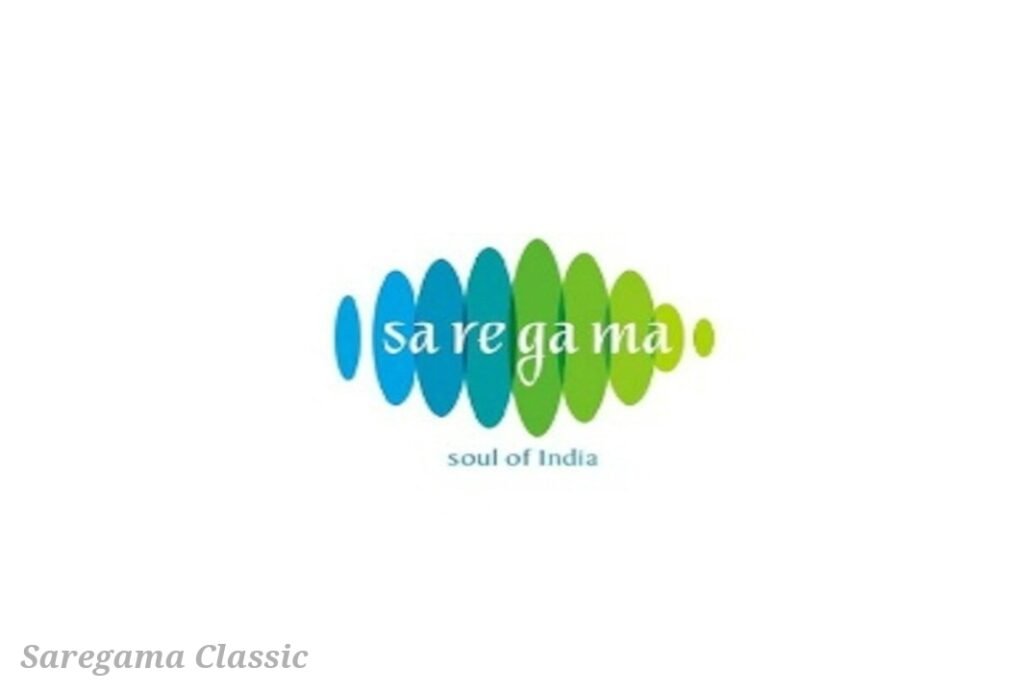In a high-stakes legal confrontation, Saregama India Ltd., the illustrious music label, has initiated legal proceedings against Emami Ltd. to halt the unauthorized and unlicensed utilization of the timeless melody “Udi Jab Jab Zulfein” from the 1957 cinematic masterpiece “Naya Daur” which has been employed in an advertisement for Emami’s ‘Kesh King Anti Hair fall Shampoo’.
The case, now before the esteemed Delhi high Court, delves into the realm of copyright law, posing pivotal questions about the responsibilities and ethical duties of corporations in harnessing protected cultural treasures. The outcome of this legal battle may very well set a precedent for corporate conduct and artistic integrity.
Case Background
The quintessential Bollywood classic “Udi Jab Jab Zulfein Teri”, composed by the legendary maestro O.P. Nayyar and brought to life by the soulful voice of Mohammed Rafi, has transcended time and etched its place in India’s rich musical tapestry. Saregama India Ltd., the custodian of an extensive repository of vintage Bollywood gems, is its exclusive owner in and to the literary and musical works and sound recordings of the “Naya Daur”, including “Udi Jab Jab Zulfein Teri” vide an agreement in 1955. Emami Ltd., a prominent purveyor of personal care products, including the renowned Emami Kesh King Anti Hair fall Shampoo, recently produced an audio-visual advertisement incorporating this beloved tune.
Under the aegis of Section 14(a) of the Copyright Act, 1957, Saregama contents that this accord bestows upon them the exclusive privileges to reproduce or create sound recordings of these treasured works. In a fervent plea to uphold these rights, Saregama, in June 2024, alleged that Emami transgressed by featuring the song in their commercial without securing the necessary license from them.
The legal matter at hand delves into the nuanced interpretation of the Copyright Act 1957, with particular emphasis on Sections 14(a), 26 and 27. Section 14(a) bestows upon the copyright holder of a work, the exclusive privilege to reproduce and disseminate the work in question. Meanwhile, Sections 26 and 27, delineate the boundaries within which the copyright protection endures in a cinematograph film and sound recording respectively.
Emami has posited that the copyright in the sound recording rights for the indicated song expired 60 years from the beginning of the calendar year next following the year in which the film is published, thereby culminating on December 31, 2017.
Saregama contended that although Emami did execute documentation for a license from Saregama on October 26, 2023, they failed to consummate the requisite licensing formalities. Saregama maintains that Emami’s subsequent actions – using the song without consent and disputing Saregama’s ownership rights – constituted a flagrant infringement of their copyright.
Saregama grounds their claims on Sections 22, 27, 51, and 55 of the Copyright Act to assert its sacrosanct exclusive rights. They underscore that their ownership was further validated by the Indian Performing Right Society Limited (IPRS) through a certificate issued on November 9, 2023. In pursuit of redress, Saregama has sought compensation for the unauthorized use and requested an injunction to enjoin Emami from any further utilization of the song.
Conversely, Emami has marshalled their defence grounded in their interpretation of the initial accord. They argue that the agreement dated October 17, 1955, exclusively conferred sound recordings right to Saregama, which have now lapsed in accordance with Sections 26 and 27 of the Copyright Act, 1957. Emami avers that these rights extinguished 60 years after the release of “Naya Daur” on August 15, 1957, thus concluding on August 15, 2017. Furthermore, Emami has cast aspersions on the legitimacy of the letter dated May 31, 2007, issued by B.R. Films, which Saregama leaned on to bolster their claim. Emami contends that this correspondence does not constitute an assignment agreement and, therefore, does not substantiate Saregama’s assertions of ownership.
Analysis & Decision Of The Court
The Delhi High Court, under the discerning aegis of Justice Mini Pushkarna, has issued an edict compelling Emami to address the grave accusations against them within a span of 4 weeks. In the aftermath, Saregama is anticipated to tender a rejoinder within the subsequent fortnight. As a provisional measure, the court has directed Emami to deposit a sum of 10 Lakhs with the court registry within a fortnight, symbolizing good faith and serving as prospective compensation for the purported infringement.
Saregama has been asked to furnish comprehensive documentation, along with a solemn affidavit, delineating the standard licensing fees they customarily levy for analogous uses of their copyrighted works.
The potential ramifications of this landmark case could profoundly affect the music and advertising realms in India. A verdict favouring Saregama would underscore the paramount importance of unwavering adherence to copyright regulations and could herald a new era of rigorous enforcement of intellectual property rights. Such a ruling would illuminate the critical necessity of securing proper licensing for the utilization of the copyrighted content within commercial contexts.
Conversely, should the court rule in Emami’s favour, it might precipitate a comprehensive reassessment of current licensing practices and foster more nuances interpretations of copyright law. This could significantly alter the manner in which the advertisers interact with Bollywood songs, catapulting a shift towards meticulous procurement of appropriately licensed music to circumvent legal entanglements.
Authors: Vyoma Patel, Rutvik Mehta & Devanshi Damania

